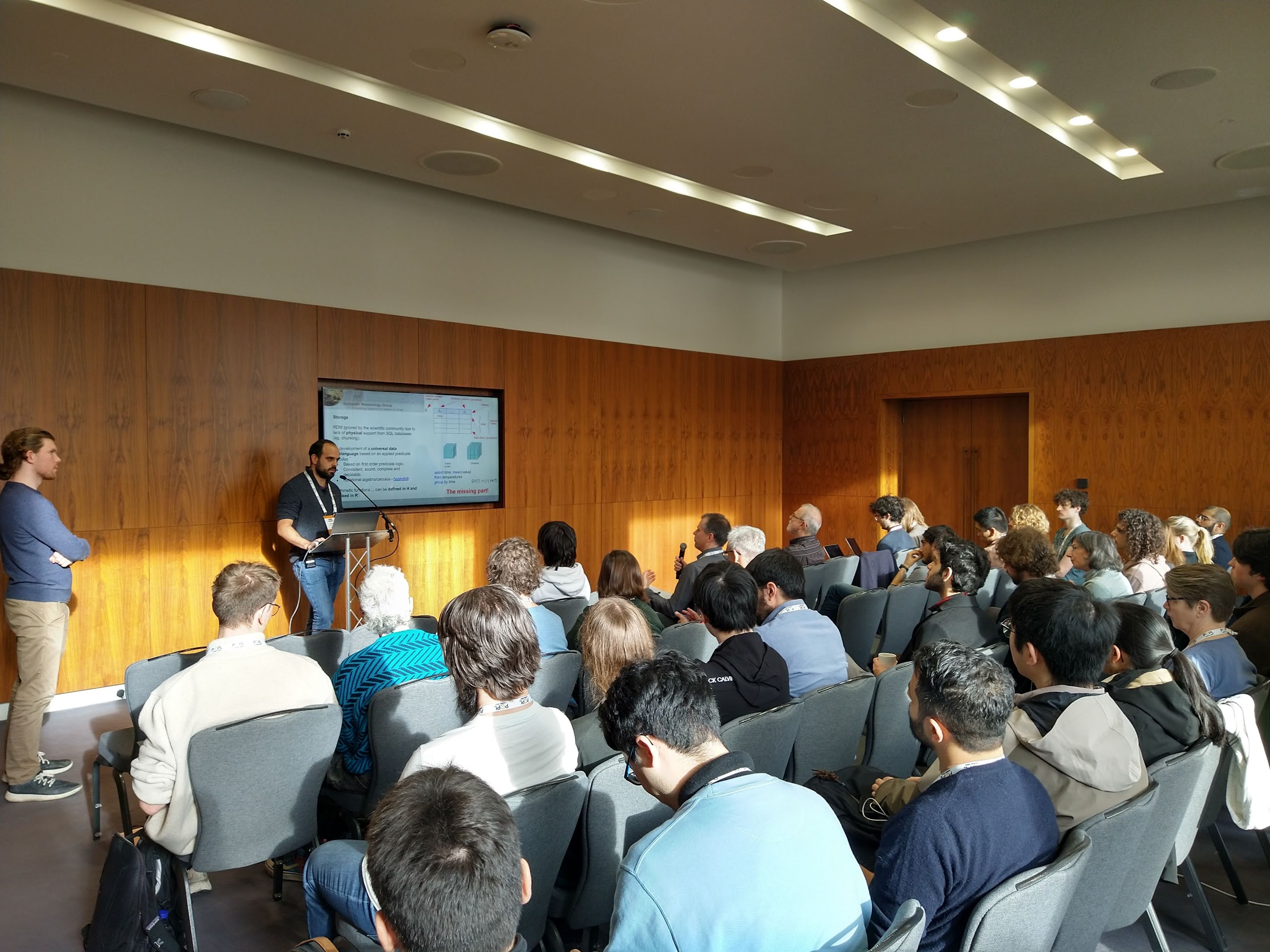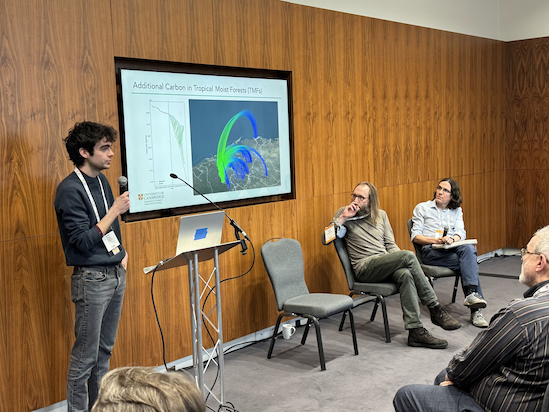Dominic co-chairs the 1st ACM Workshop on Programming for the Planet in London
The 1st ACM Workshop on Programming for the Planet brought together researchers from computer science to discuss how to close the gap between state-of-the-art programming methods being developed in academia and the use of programming in climate analysis, modelling, forecasting, policy, and diplomacy.
The event was co-located with the 51st ACM SIGPLAN Symposium on Principles of Programming Languages (POPL 2024) which gave an excellent opportunity for this community to consider how its research could be targetted and leveraged to address the multiple overlapping planetary crises facing us. The workshop had two keynotes: from Drew Purves of Google DeepMind on ‘Setting the stage for AI biodiversity’ and Lisa Rennels of UC Berkley on ‘Building Open Source Software for Climate Change Research - Lessons Learned from Mimi.jl’. The contributed talks were grouped into four tracks on ‘Modelling and analysis’, ‘Energy and efficiency’, ‘Software engineering and ecosystems’ and ‘Policy and decision making’. This demonstrated the many angles from which programming languages research could help address our current planetary challenges. See the list of talks here.
The event highlighted many exciting works already coming from the Programming Language community but also many opportunities for further cross-disciplinary work. Two discussion session highlighted the need for thinking more broadly and stepping outside the core discipline to look for opportunities where expertise could be applied or where general assistance was given. Co-organisers Dr Dominic Orchard and Prof Anil Madhavapeddy are now working to synthesise lessons and a way forward for the community to have transformative change in this area.
Dominic noted that “it was particularly exciting to see how engaged the students and early-career scientists were with the issues, and the energy and enthusiasm for leveraging their skills to address the significant challenges facing humanity”.


 Programming Languages and Systems for Science laboratory
Programming Languages and Systems for Science laboratory